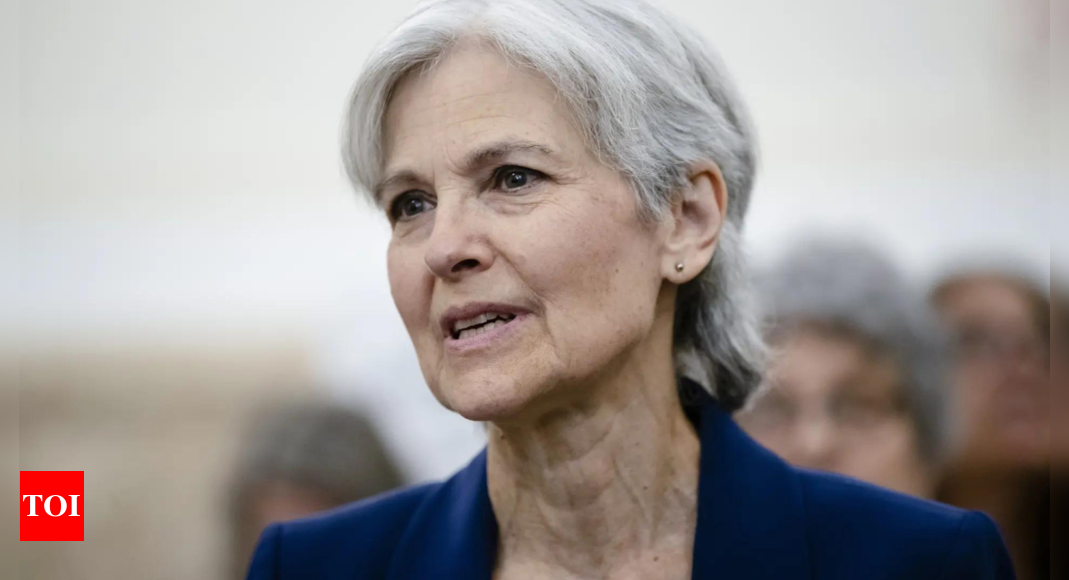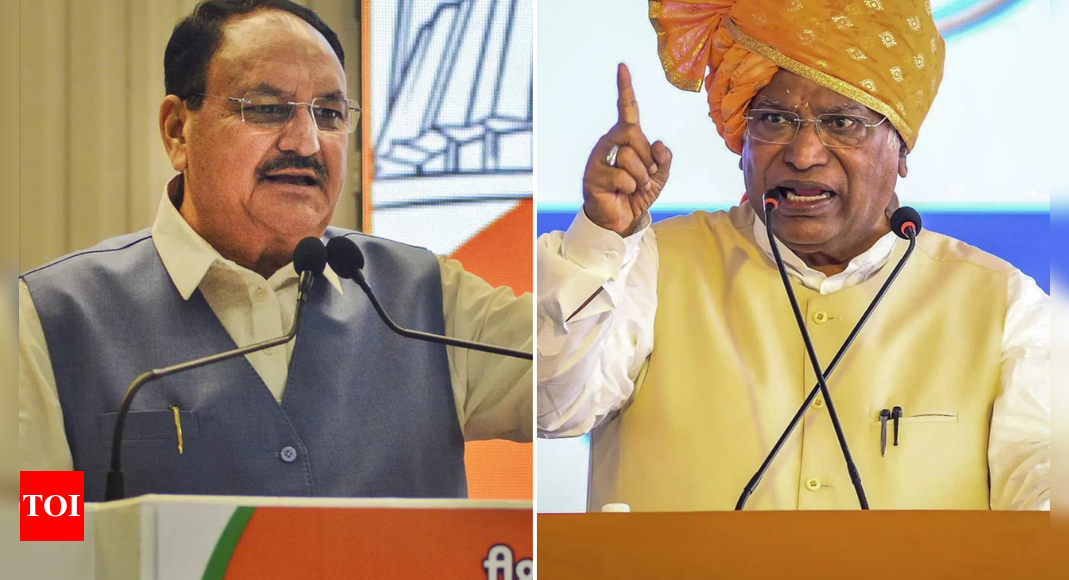
In the 2024 presidential race, Green Party candidate Jill Stein is posing a potential threat to Harris’ chances in key battleground states.
Arab-American and Muslim voters are visibly frustrated with Vice President Kamala Harris, largely due to the Biden administration’s unwavering support for Israel’s military offensive in Gaza. This dissatisfaction is driving many voters toward third-party Green Party candidate Jill Stein.
A poll conducted in late August by the Council on American-Islamic Relations (CAIR) highlights this shift.
In Michigan, a state with a significant Arab-American population, 40% of Muslim voters now support Jill Stein. In contrast, Vice President Kamala Harris has only 12% of the Muslim vote, while Republican candidate Donald Trump receives 18% support.
Stein’s support also extends to other battleground states with sizable Muslim populations, such as Arizona and Wisconsin.
Muslim voters were a crucial part of Biden’s coalition in 2020 when he secured over 80% of their vote. However, their support for Democrats has sharply declined amid ongoing US backing of Israel in its nearly year-long campaign in Gaza.
Kamala Harris recently called for an end to the Israel-Gaza war, and the return of hostages held by Hamas, and supported a two-state solution. However, her campaign continues to support US arms shipments to Israel, which has upset many Muslim and Arab-American leaders who want an arms embargo or restrictions.
Jill Stein’s campaign has taken advantage of this discontent. Stein has called for a permanent ceasefire in Gaza, a US arms embargo on Israel, and backing student movements to divest from weapons makers. Her running mate, a Muslim professor Butch Ware, also appeals to Muslim voters.
Despite getting just over 1% of the vote in 2016, Stein’s strong stance on Gaza has made her a key figure among pro-Palestinian supporters.
Stein recently headlined ArabCon in Dearborn, Michigan, and was featured on the cover of ‘The Arab American News’ under the headline “The Choice 2024.” Her slogan, “Every vote cast for our campaign is a vote against genocide,” has resonated with Muslim voters deeply frustrated by US foreign policy.
Meanwhile, the Trump campaign is actively courting Arab-American and Muslim voters, hosting in-person and virtual events in Michigan and Arizona. Trump has promised to broker more Arab-Israeli peace deals, presenting himself as the candidate who can achieve peace faster than Harris.
Though Stein’s campaign is unlikely to win the election, her rising popularity among Muslim voters could cut off enough support from Harris to affect the outcome in key battleground states.
In a tight race, these shifting dynamics could prove decisive, as they did in the 2016 election, when some Democrats blamed third-party votes for Hillary Clinton’s loss.
Arab-American and Muslim voters are visibly frustrated with Vice President Kamala Harris, largely due to the Biden administration’s unwavering support for Israel’s military offensive in Gaza. This dissatisfaction is driving many voters toward third-party Green Party candidate Jill Stein.
A poll conducted in late August by the Council on American-Islamic Relations (CAIR) highlights this shift.
In Michigan, a state with a significant Arab-American population, 40% of Muslim voters now support Jill Stein. In contrast, Vice President Kamala Harris has only 12% of the Muslim vote, while Republican candidate Donald Trump receives 18% support.
Stein’s support also extends to other battleground states with sizable Muslim populations, such as Arizona and Wisconsin.
Muslim voters were a crucial part of Biden’s coalition in 2020 when he secured over 80% of their vote. However, their support for Democrats has sharply declined amid ongoing US backing of Israel in its nearly year-long campaign in Gaza.
Kamala Harris recently called for an end to the Israel-Gaza war, and the return of hostages held by Hamas, and supported a two-state solution. However, her campaign continues to support US arms shipments to Israel, which has upset many Muslim and Arab-American leaders who want an arms embargo or restrictions.
Jill Stein’s campaign has taken advantage of this discontent. Stein has called for a permanent ceasefire in Gaza, a US arms embargo on Israel, and backing student movements to divest from weapons makers. Her running mate, a Muslim professor Butch Ware, also appeals to Muslim voters.
Despite getting just over 1% of the vote in 2016, Stein’s strong stance on Gaza has made her a key figure among pro-Palestinian supporters.
Stein recently headlined ArabCon in Dearborn, Michigan, and was featured on the cover of ‘The Arab American News’ under the headline “The Choice 2024.” Her slogan, “Every vote cast for our campaign is a vote against genocide,” has resonated with Muslim voters deeply frustrated by US foreign policy.
Meanwhile, the Trump campaign is actively courting Arab-American and Muslim voters, hosting in-person and virtual events in Michigan and Arizona. Trump has promised to broker more Arab-Israeli peace deals, presenting himself as the candidate who can achieve peace faster than Harris.
Though Stein’s campaign is unlikely to win the election, her rising popularity among Muslim voters could cut off enough support from Harris to affect the outcome in key battleground states.
In a tight race, these shifting dynamics could prove decisive, as they did in the 2016 election, when some Democrats blamed third-party votes for Hillary Clinton’s loss.









